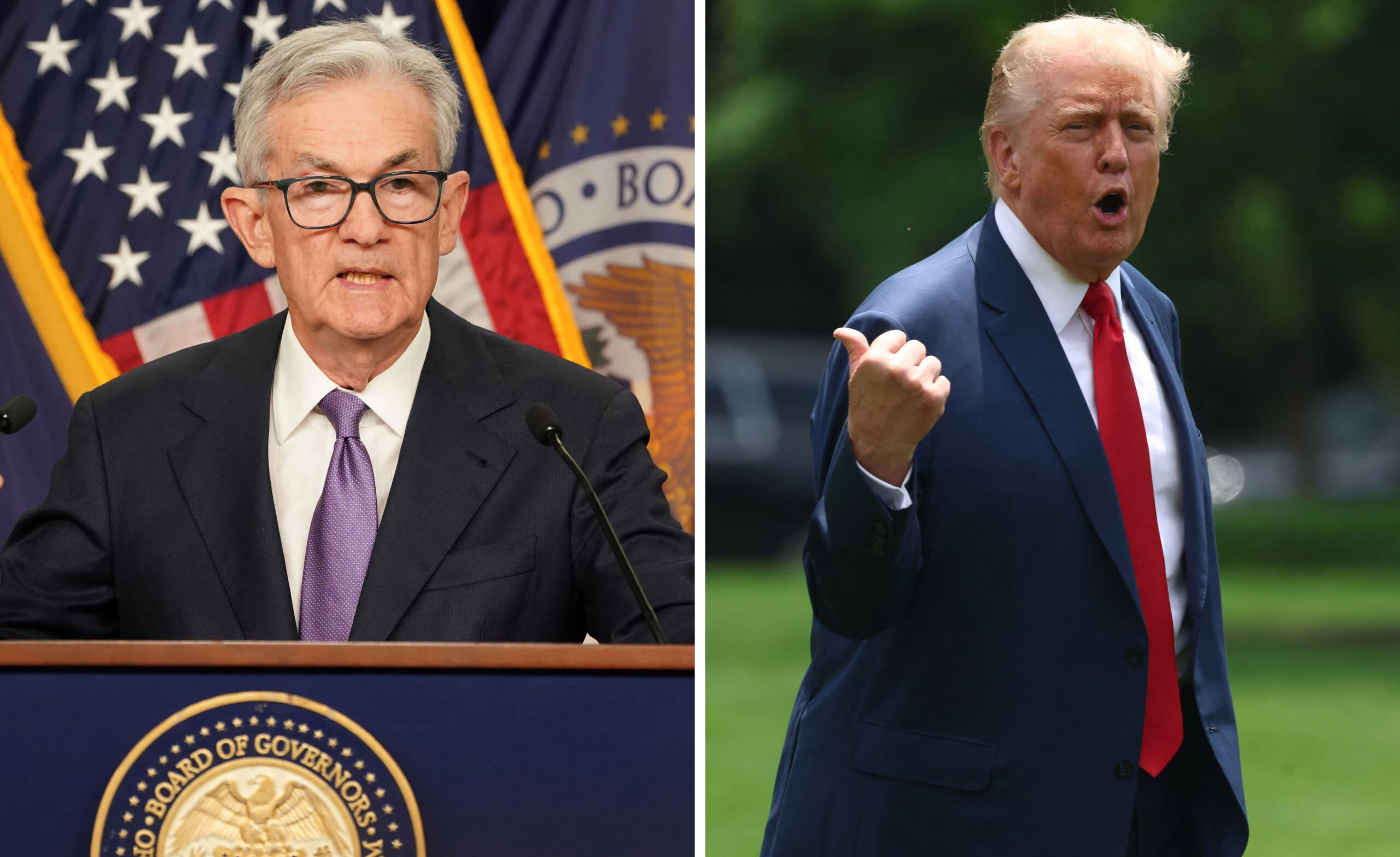Goldman Sachs and other Wall Street heavyweights are forecasting extraordinary upside for gold prices—driven by growing concerns over the Federal Reserve’s independence and a potential scramble for safe-haven assets.
Forecast Scenarios
- Base Case: Gold climbs to $3,700 by year-end and $4,000 by mid‑2026, supported by central bank purchases and persistent macro uncertainty.
- Tail-Risk Scenario: In a more aggressive environment with increased private investor inflows, gold could hit $4,500.
- Extreme Case: If just 1% of the privately held U.S. Treasury market shifts into gold—a move equivalent to around $850 billion—Goldman estimates prices could approach $5,000 per ounce.
Why Investors Are Watching This So Closely
- Macro Signal in Motion: Rising gold is being interpreted not just as a hedge, but as a warning indicator—reflecting fears of fiscal instability, political interference in central banking, and inflation.
- Portfolio Maker: With gold outperforming major equities and enduring as a sought-after safe haven, the metal is emerging as a portfolio centerpiece in times of uncertainty. barrons.combusinessinsider.com
Investor Playbook: How to Consider Positioning
1. Core Exposure via ETFs
- SPDR Gold Shares (GLD) offers immediate, liquid exposure to gold prices—ideal for tactical and strategic allocations. (See fund data above.)
2. Structured Bullion Strategies
- Allocate a small portion (2–5% of your portfolio) to gold as a long-duration hedge. Consider dollar-cost averaging to manage momentum volatility.
3. Use Tail-Risk Instruments
- For speculative positions:
- Call options on GLD or gold futures provide leveraged upside with defined risk.
- Digital or barrier options might offer cost efficiency if aiming for $4,500–$5,000 tail scenarios.
4. Diversify Within Precious Metals
- Consider silver or gold-mining equity ETFs (e.g., GDX) for extra beta—silver still lags sector momentum and may benefit from relative reversion.
5. Monitor Macro Catalysts Closely
- Key triggers: Fed independence developments, hiring data, inflation stats, and central bank buying trends. Strong updates can validate higher price targets.
6. Take Profits Strategically
- As gold breaches key thresholds ($4,000 / $4,500), consider trimming to realize gains—especially if sentiment starts shifting or market focus pivots.
Quick Summary Table
| Scenario | Gold Price Target | Trigger Conditions |
|---|---|---|
| Base | $3,700 → $4,000 | Central bank buying, rate cut hopes |
| Tail-Risk | $4,500 | Rising investor demand, continued dollar weakening |
| Extreme | ~$5,000 | Reserve currency erosion and Treasury-to-gold flow shift |
Gold’s rally isn’t just about shiny bars—it’s a barometer of institutional trust and geopolitical stress. For investors, the opportunity is twofold: insurance in a shaky global backdrop, and potential appreciation if conventional safe have cracks begin to widen.





